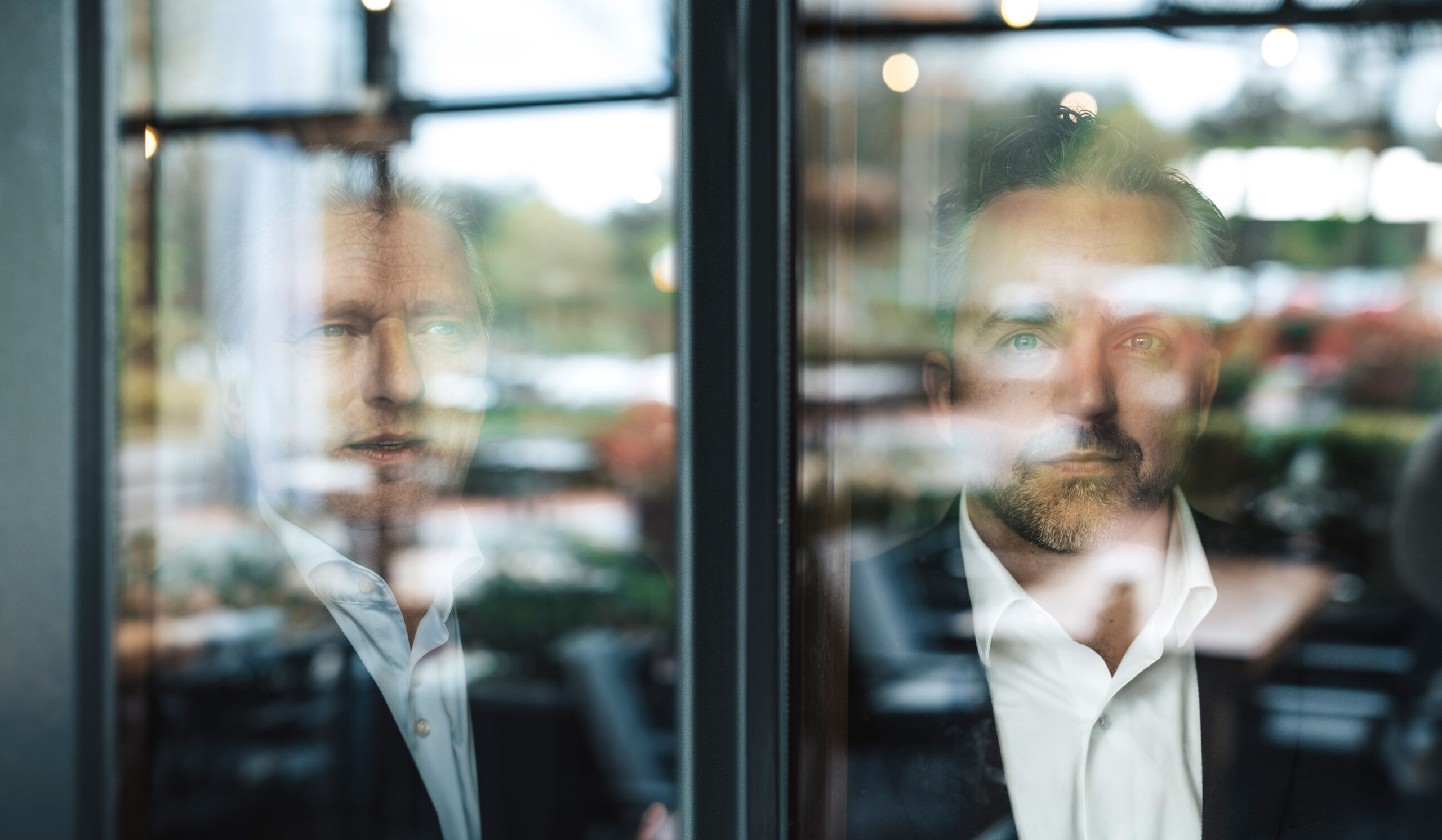
An article in VGvisie summer edition healthcare real estate:
'SOCIAL INFRASTRUCTURE' IS AN ASSET CLASS WITH A MUTUAL IMPORTANCE
Because our organization is small and compact, we are personally involved in all our projects. In cooperation with the best project partners from our extensive network, we are represented in all our projects. Rosewood Group's success is built around one core concept: Partnership. The relationships we have built with influential individuals, family offices, corporations and funds have provided us with deep industry expertise and access to key investment opportunities. Our strong partnerships with investors have allowed us to deploy capital in all of our real estate opportunities.
‘Real estate that is necessary for society to function well,’ that, according to Rob Vosters, is fundamentally the definition of Social Infrastructure. A real estate investment category and asset class that is well known abroad and increasingly popular with many institutional investors. ‘Healthcare has only grown into a semi-mature investment category in the Netherlands in recent years. What does not yet apply to (primary) schools, police stations and, for example, fire stations. Objects and buildings that are part of our infrastructure and essential to us as a society. We cannot invest without and thanks to the low risk profile. But Social Infrastucture is not just about financial returns. Social Infrastructure offers investors the opportunity to have a tangible and positive impact on society. By investing in projects that contribute to healthcare, education or community facilities, they help improve people’s quality of life and strengthen the social cohesion of communities. Something we at Rosewood believe is important.
So was the focus at Rosewood Real Estate on healthcare real estate from the beginning?
Rob Vosters: ‘Yes. We quickly saw that opportunities arose for us in this segment to create as value for ourselves and our clients. Like hotels, healthcare real estate is an operation-driven real estate segment in which we can make the difference. And not only in terms of quality, but also in terms of sustainability. With a small but highly effective team, we support and relieve our clients on all fronts. From acquisition to disposition and from concept to completion, including asset and property management. It has given us a strong and powerful network of renowned and internationally operating real estate parties, family offices and investment funds.’ Eugen Kool: ‘I have had the opportunity to look into many different kitchens in my career and what strikes me in particular at Rosewood Real Estate is the large network we have gathered around us. An internationally strong network of food professionals that we can always – at least in my personal experience – fall back on and really build on. But apart from these partnerships, we distinguish ourselves through our experience, knowledge and – not unimportantly – creativity and inventiveness. In any case, it has already given us some great success stories in recent years. Concepts with which we manage to add value to real estate challenges with an unmistakable social relevance.’ Rob Vosters follows up by stating that whether it’s the asset management of a sizable healthcare real estate portfolio or the development of projects, where Rosewood sits in the board chair on behalf of the investor, they do what they do best. Without wishing to be self-congratulatory, we are perhaps best described as visionary investment managers. We convert opportunities into solid and sustainable real estate concepts that enable our clients to realize their plans. Whereas until now we were mainly active on the cutting edge of care and housing, in the social infrastructure domain we focus on an even broader social target group. And thus real estate category.’
Why?
Rob Vosters: ‘Because we also see opportunities in this area that others in the Netherlands do not yet see. Specifically, we are now working on filling a portfolio with elementary school, possibly supplemented with healthcare real estate. For investors, this means that the risk profile is very low, with stable tenants, long leases and a stable return in line with the market.’ Eugen Kool: ‘Real estate that is inextricably linked to the social infrastructure of the Netherlands. And that gives us the opportunity to add value, by investing in the quality and sustainability of, in this case, schools. And as a direct extension of that, we invest in a more efficient and better working and learning environment I responsible social real estate’ Rob Vosters: ‘Also for project developments in which we as Rosewood are involved, it applies that we always want to add value. Which is often possible in different ways. So not only financially – for our investors – but also for future residents, users, the environment, the planet and you name it. As investment managers, we are always looking for ways to make the difference.

